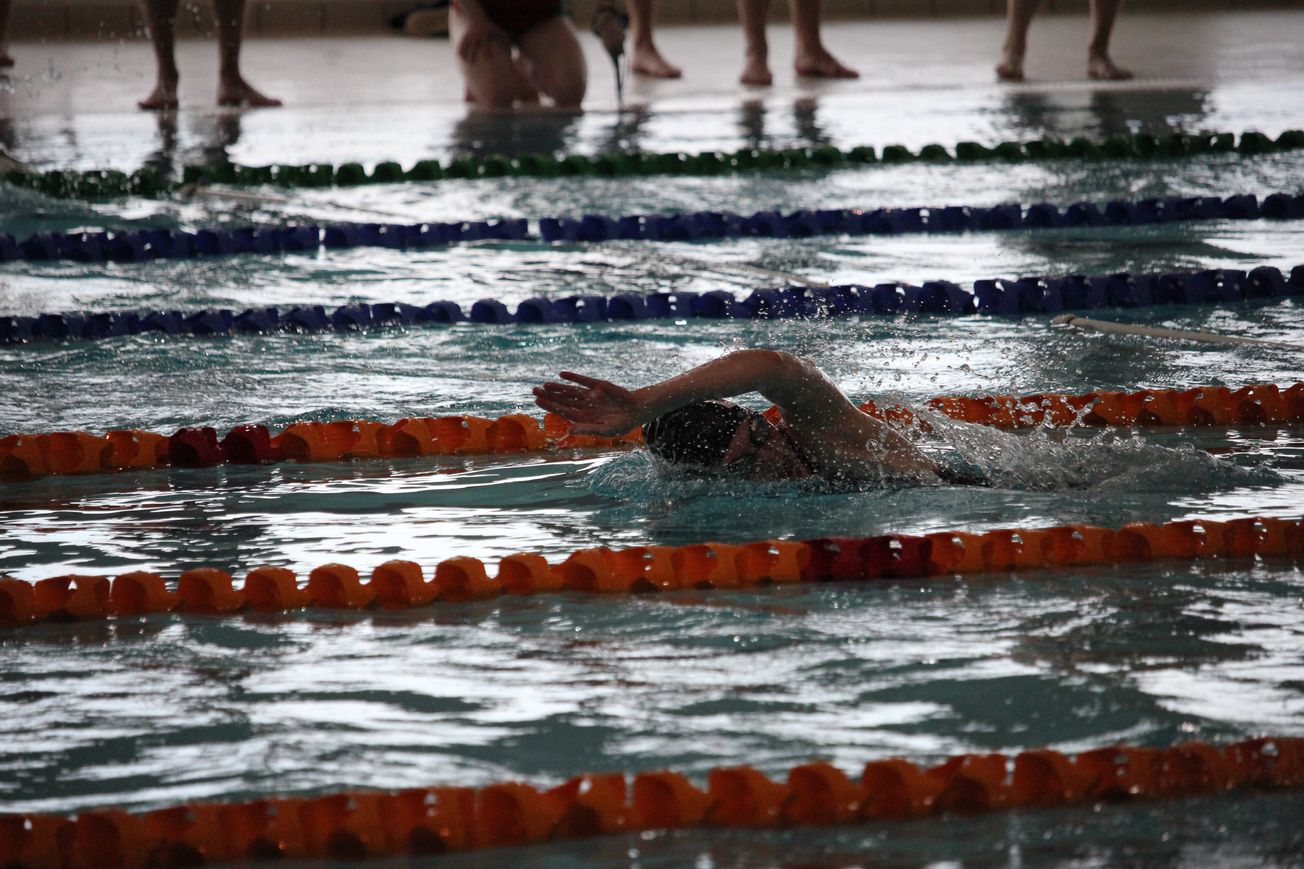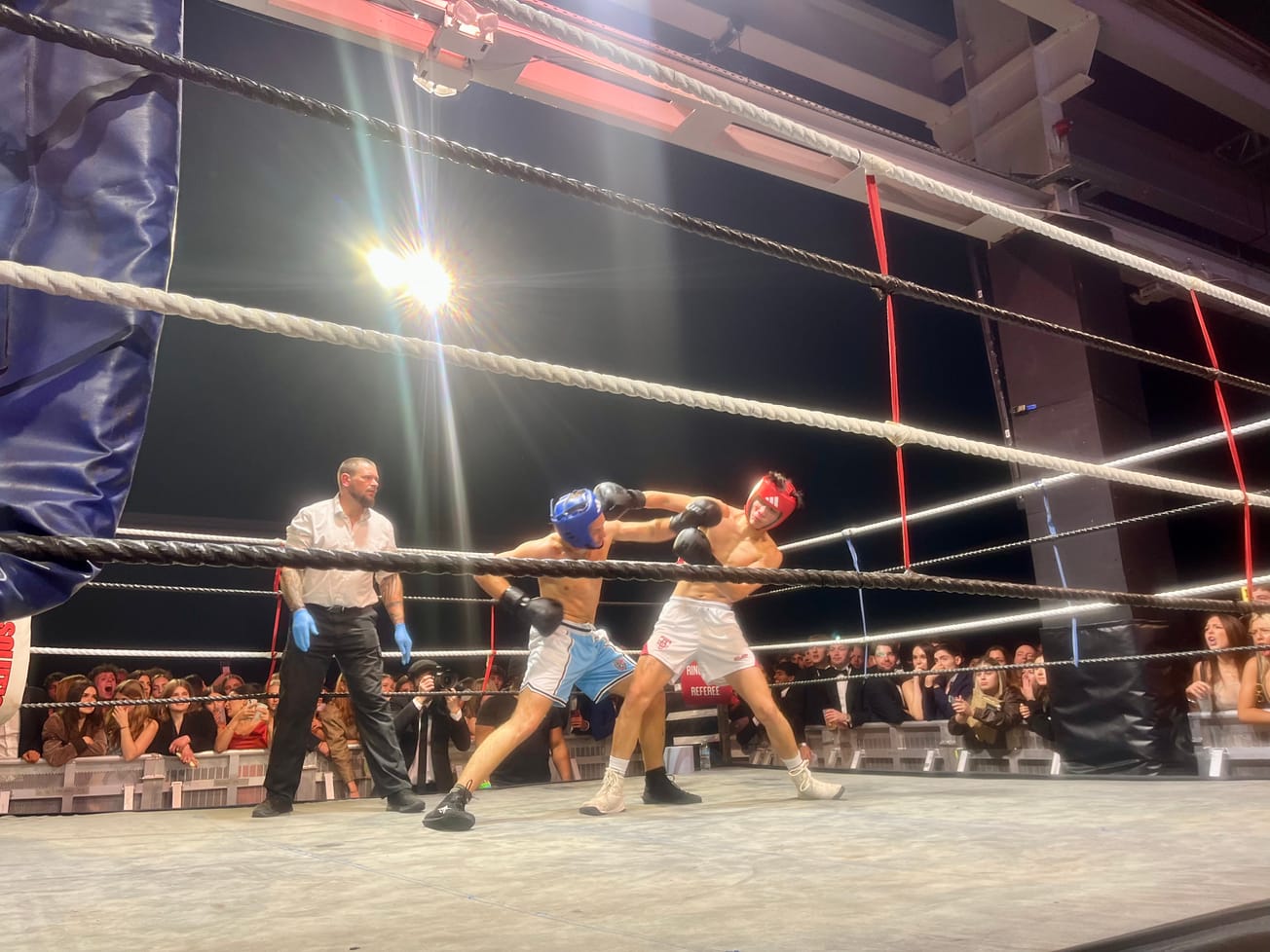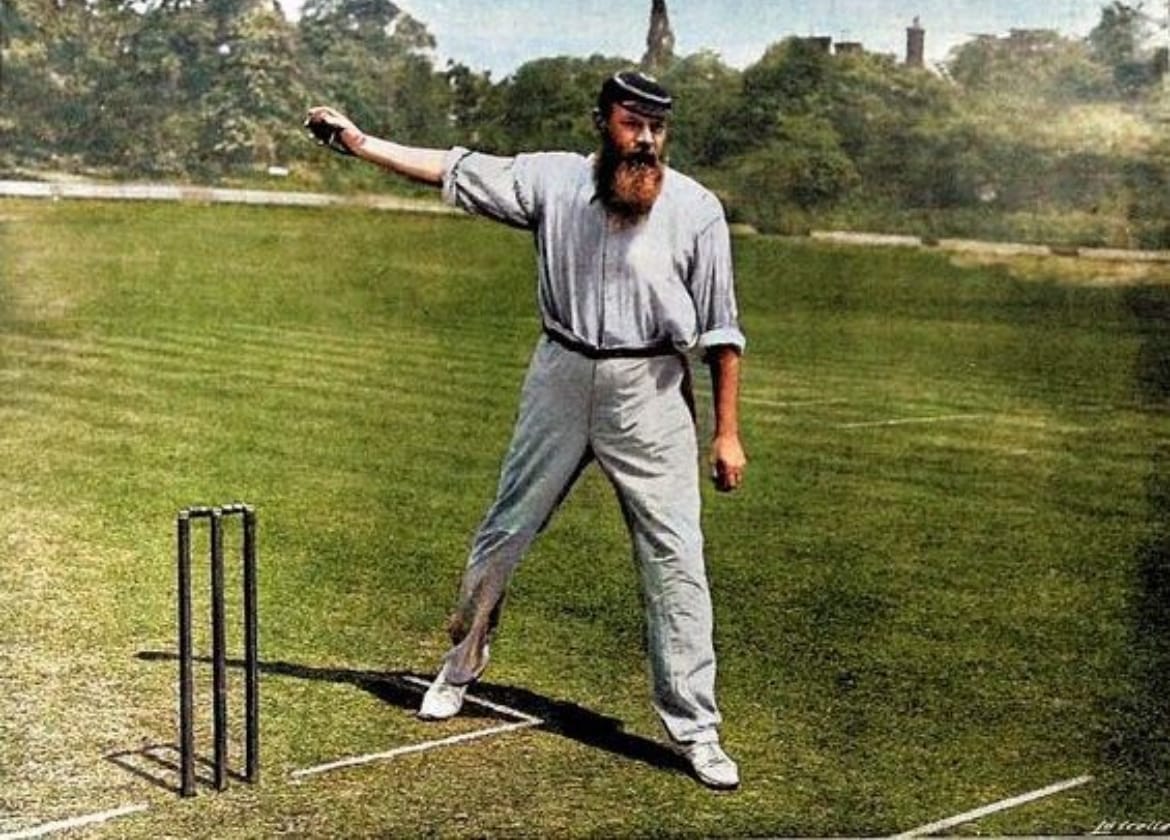By Eddie McAteer, Student Sport Correspondent
The British Universities Lifesaving Clubs’ Association student championship took place at Hengrove Park Leisure Centre on the 29thFebruary and the 1st March. Teams from around the country, as well as two Greek universities, competed over the weekend in various lifesaving events.
Having never seen or heard of lifesaving as a competitive sport, reporting on this event was a first for me. Competitive lifesaving began as a way for lifeguards to maintain and improve all the skills unique to lifesaving. The first official meeting was in 1891, when the Royal Life Saving Society was founded. As its popularity grew at university level, the BULSCA was formed in 2002 in order to facilitate competitions between universities.
Nowadays it is an internationally recognised sport with over 40 countries participating. The association also managed to secure their highest ever number of sponsorships from four different companies; Camp Canada, Kind, Boost and Bristol’s very own Thekla all provided support for the event.
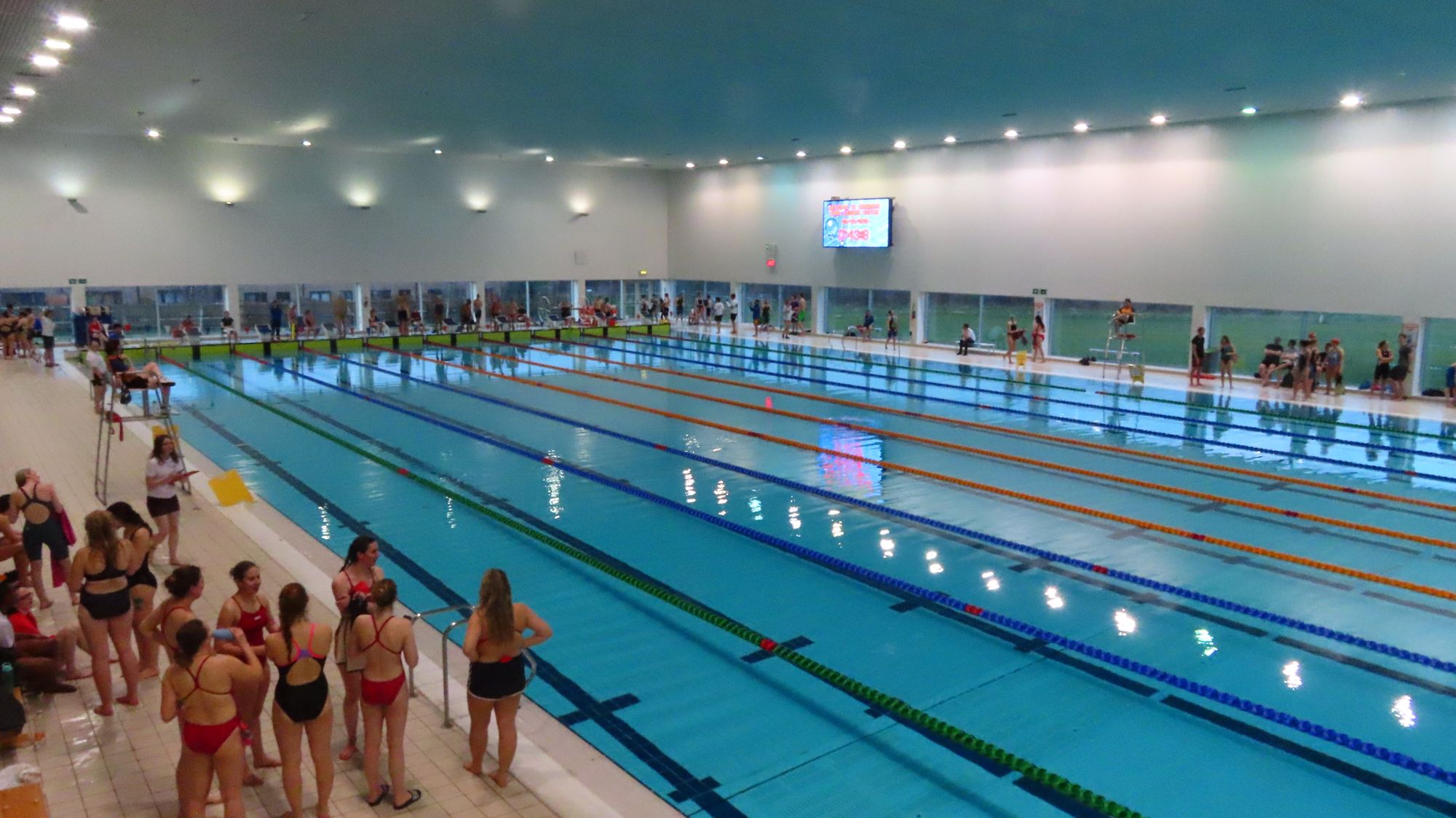
The first day saw a variety of individual events such as the individual line throw, which involves throwing a rope out to a person in the water and pulling them to the safety of the edge of the pool. The individual events were often very close, the men’s 200m obstacle event, for example, was decided by 0.96 seconds and the men’s 12.5m line throw was literally too close to call due to the two fastest participants finishing in exactly 11.46 seconds.
There were also plenty of team events in the form of relays, including the manikin carry relay, whereby competitors must carry a 45kg manikin for 25m before handing it over to their teammate. In particular, the manikin carry provided lots of drama on the day, as there were multiple disqualifications due to manikins being lost on the way.
On the second day, teams of four are tested on their ability to respond to an unknown emergency situation. The aim is to replicate realistic incidents that lifeguards might have to respond to whilst on duty. They are given two to two and a half minutes to react to one in-pool emergency and one out of pool emergency. This year the in-pool scenario included two inflatable boats whereby one had capsized, and a casualty was trapped underneath. Sunday’s winners were Loughborough, closely followed by Bristol and Birmingham.
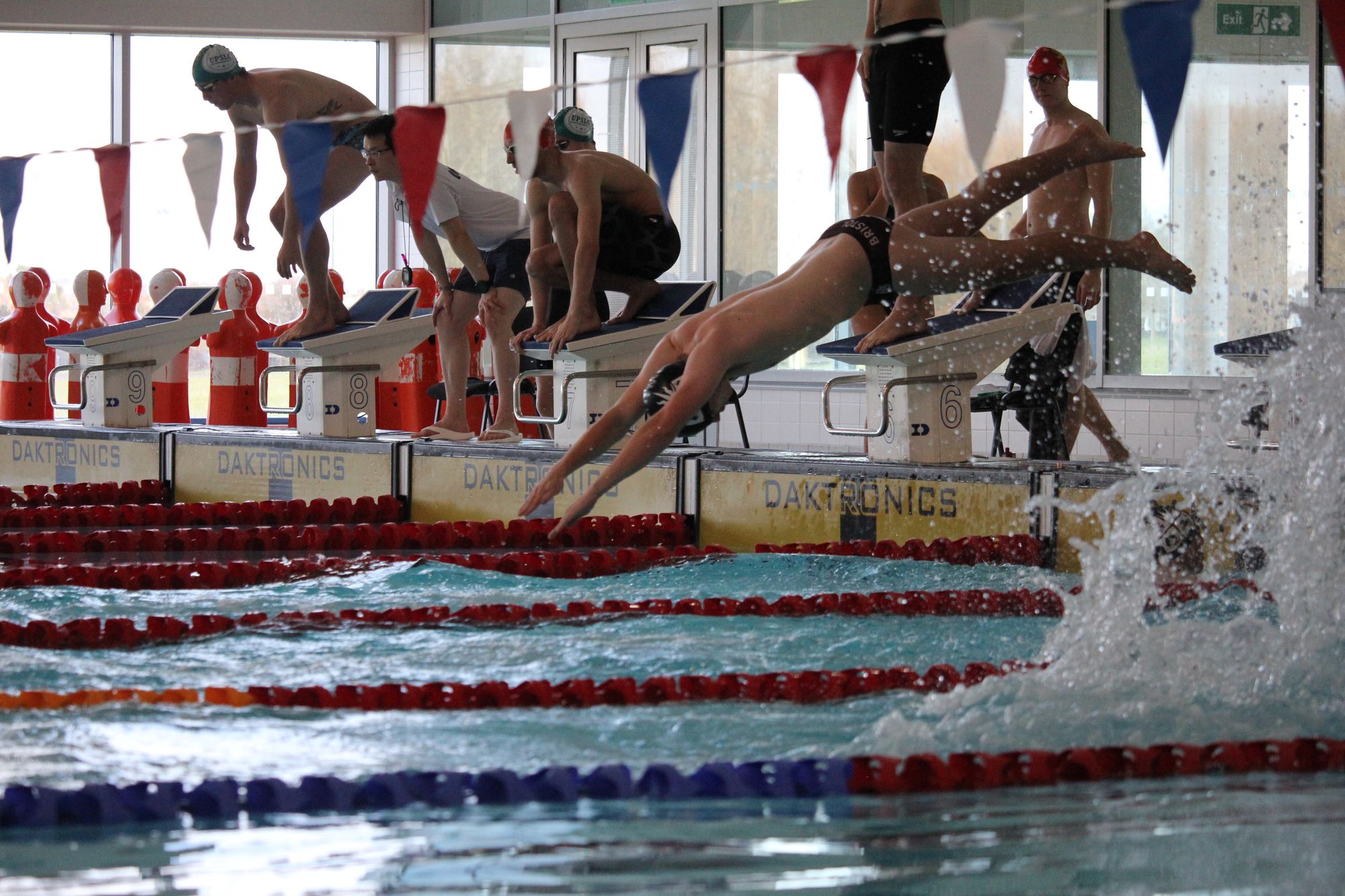
The weekend also saw various student records broken. The women’s 4x50m medley relay and 4x10m line throw relay were both broken by students from Loughborough and the 100m rescue medley record was broken by another Loughborough student, Lea Donovan. The women’s 12.5m individual line throw was broken by Keira Stephens of Plymouth and the mixed line throw relay record was broken by Birmingham on the Sunday.
Overall winners, Loughborough were dominant over the course of the weekend, they came first in both the men’s and women’s events on Saturday, as well as winning the team events on Sunday with their A team. Bristol also performed well over the weekend, missing out on second to Birmingham but still taking a place on the podium by finishing third. I was really impressed by the skill of all participants and their lifesaving abilities will surely be useful in the future. Lifesaving is not only an incredibly useful skill to have, but a unique sport that has a bright future.
Featured: Olie Smith
Would you consider joining the lifesaving club?

